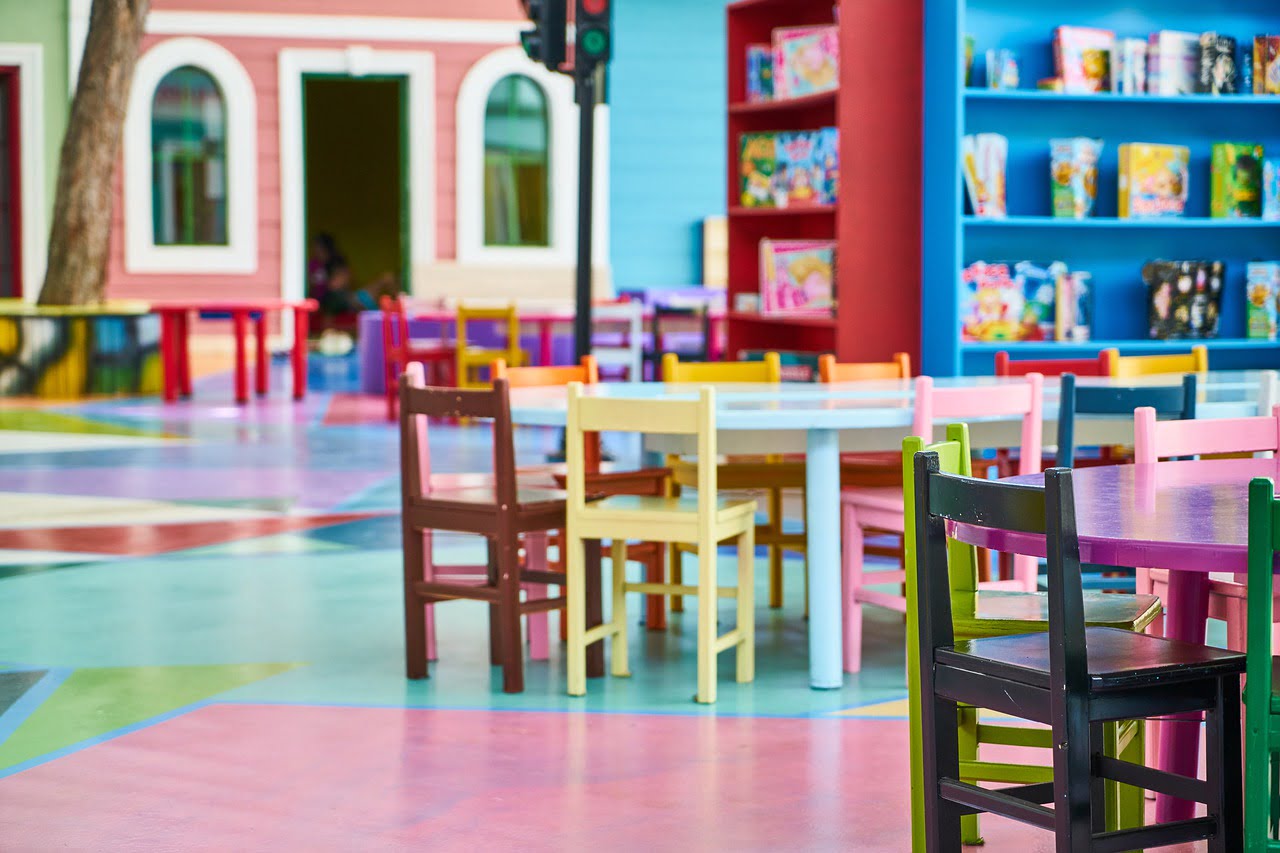In the ever-changing world of education, every decade or so, the ‘blueprint’ will experience major shifts in its vision and objectives to adapt to the ever-changing needs of learners of every generation.
The year 2020 marks another exciting new decade where there is continuation of growth and transformation for the education sector. Today, we shall take a look at the Malaysian education industry, particularly the nation’s preschool education scene and its emerging trends:
1- 21st Century Education
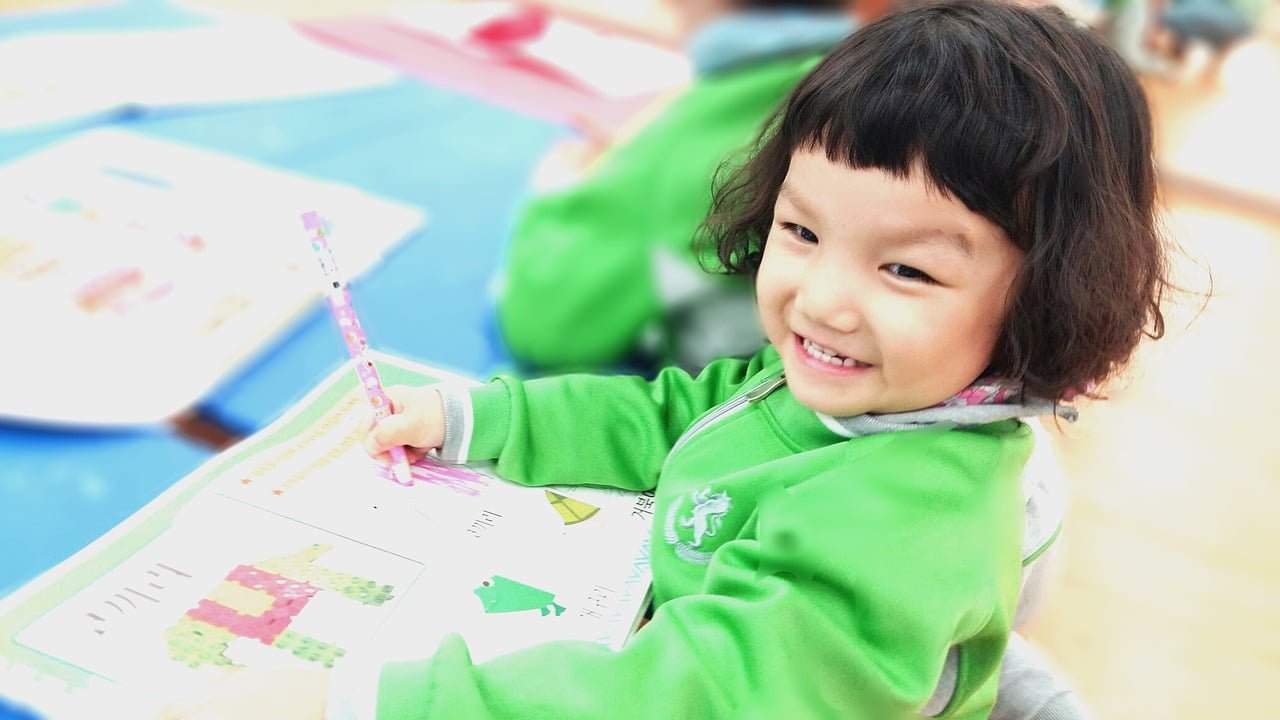
As opposed to 20th century education which focused on compliance and conformity, the preceding education of the 21st century prioritizes the value of creativity within its learners. With that, the education curricula of the 21st century engage its learners to thrive in settings that are less rigid, more flexible, and collaborative in addressing the needs and tackling challenges relevant to today’s world.
Equipped with its own set of desired skills and core competencies, preschoolers of the 21st century are taught to not only master the three Rs: Reading, Writing, and Arithmetics, but also proficient in applying the 4Cs: creativity, communication, collaboration, and critical thinking in the classroom and real life.
21st century education in preschools are student-centred in nature in which the teacher facilitates the learning process to occur by meshing together the learning of content with the development of skills to engender independent learners.
2- Global Citizenship Education
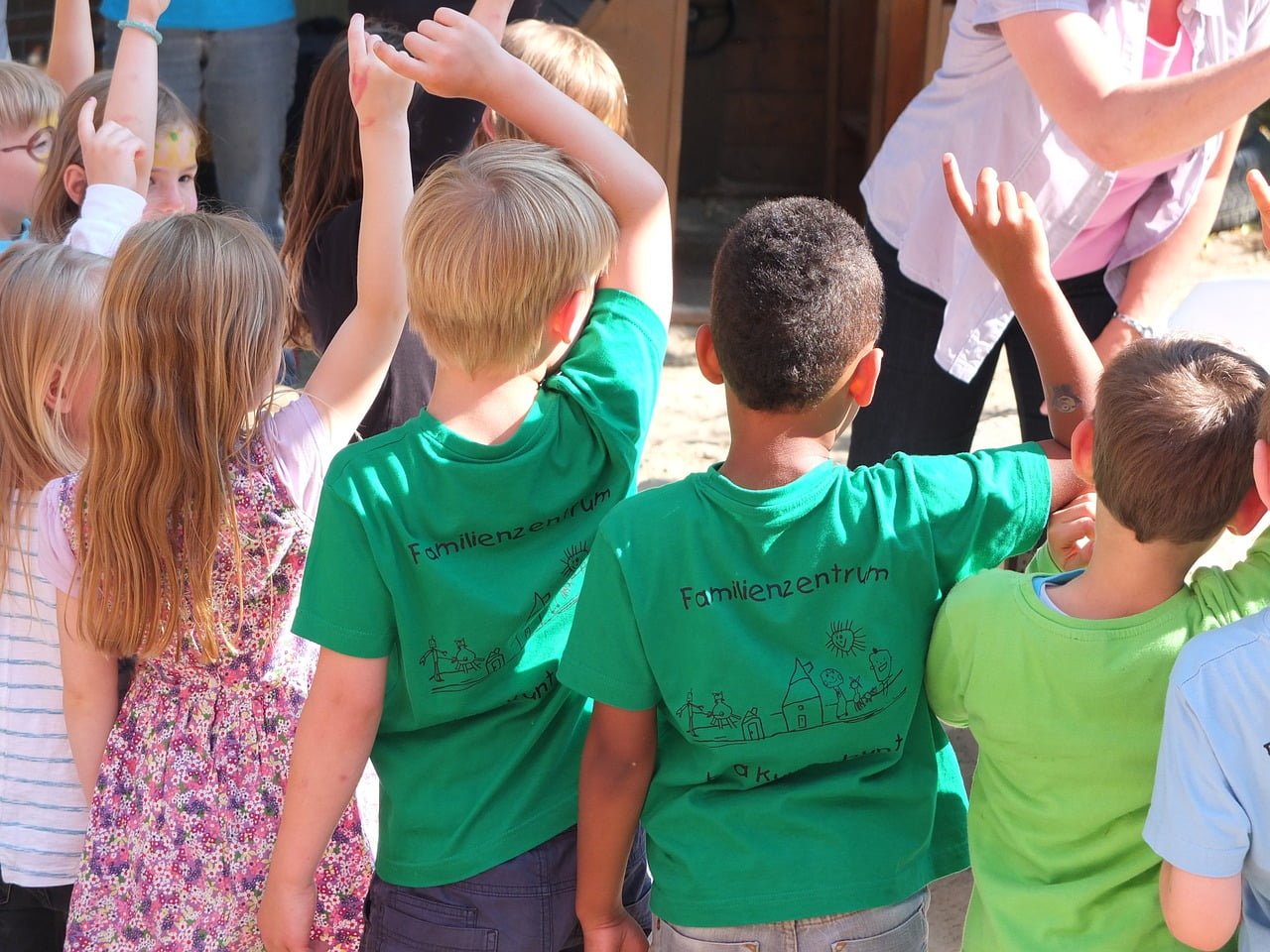
Another emerging education trend of the Malaysian preschool scene is an education that grounds its framework on building individuals capable of changing the world by instilling a sense of responsibility and proactiveness within these learners.
This is known as Global Citizenship Education that transforms a skilled learner into an empowered one who is aware of the global and local issues that are currently happening around the world. The concept of Global Citizenship Education is based on three knowledge domains which: cognitive, socio-emotional, and behavioural.
The cognitive aspect of this education framework is equipping its learners with the necessary knowledge and skills to grasp the complexities of global issues such as poverty and gender inequality. The socio-emotional aspect cultivates learners who are not only mindful, but also empathetic of these global issues so that these individuals are respectful of each other’s differences and concerns.
The behavioural aspect of Global Citizenship Education develops individuals who take action in improving to alleviate these global issues. In preschools, Global Citizenship Education is usually weaved in the standard curriculum by providing the children with opportunities to learn by applying their knowledge and skills to real-life contexts and situations.
3- Integrated STEM Education
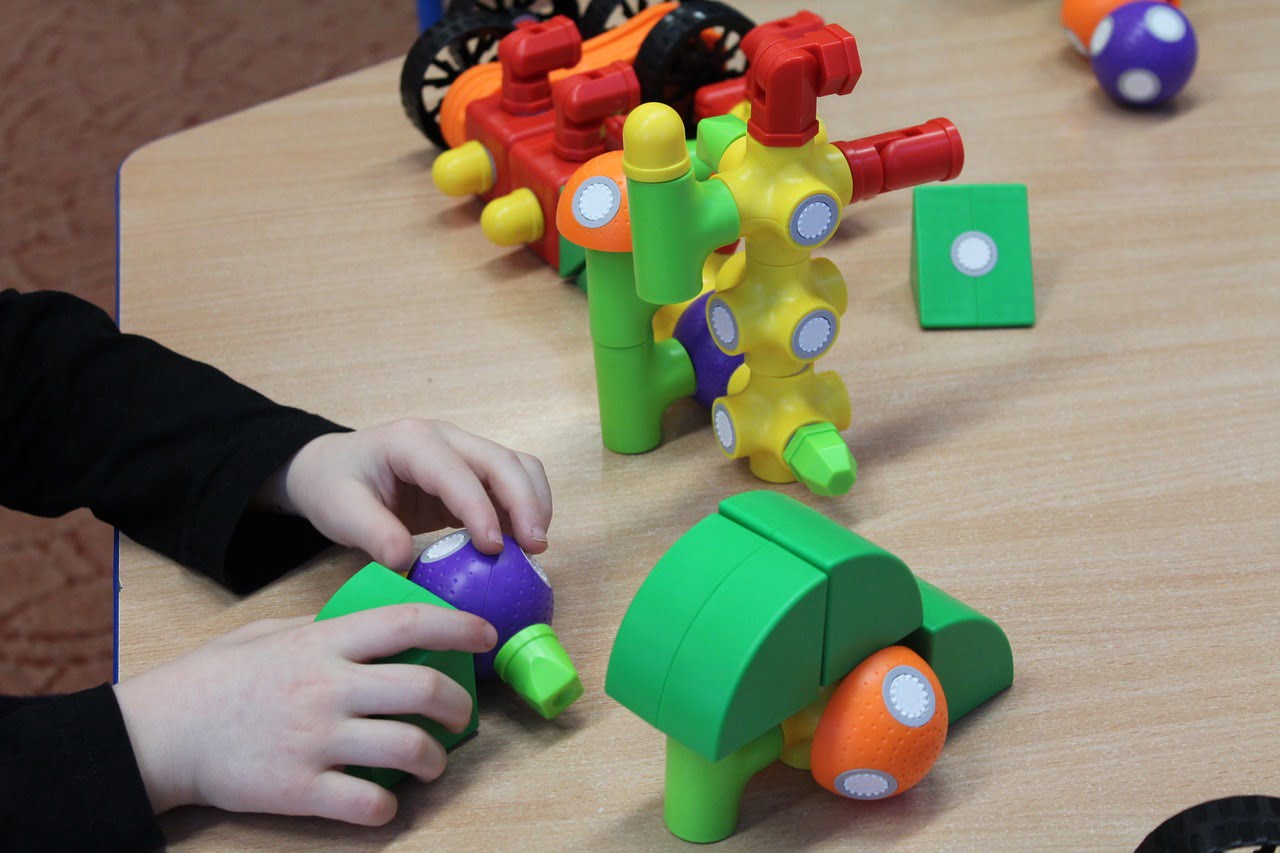
Famously defined as “an effort to combine some or all of the four disciplines of science, technology, engineering, and mathematics into one class, unit, or lesson that is based on connection between the subjects and real-world problems” (Moore et. al, 2014), integrated STEM education has been increasing in popularity since the world moves toward becoming a completely digital era.
The importance of integration in STEM education is endless, from developing digital-literacy in learners to guiding them to become efficient problem solvers and critical thinkers which are all crucial to navigate and live in a fully technology-based, modern society.
In preschool education, integrated STEM is implemented through hands-on and collaborative learning activities designed to allow the children to apply STEM skills and knowledge in working together to achieve one common goal.
4- Play-based Education
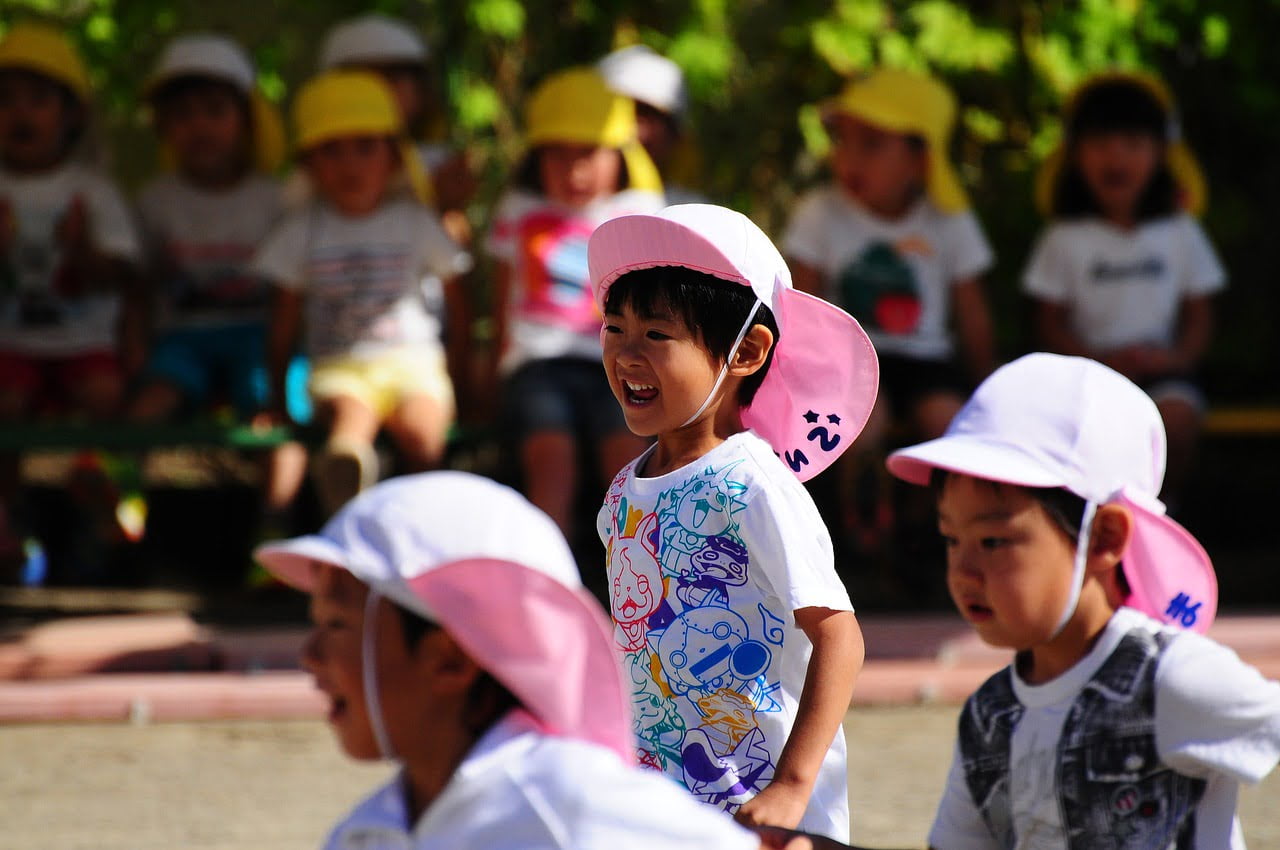
Also, one of the most favourable education trends in preschools is play-based learning. The Early Years Learning Framework defines play-based learning as “a context for learning through which children organise and make sense of their social worlds, as they engage actively with people, objects and representations”.
This type of early childhood education is popular among preschool educators as it allows the children to lead the classroom through open-ended exploration and discovery. The genius in play-based education is that it allows learning to take place outside of the classroom walls easily and it does not impose a rigid and constrained environment for children to thrive in.
The structure of play-based education is that teachers are there to introduce and reinforce concepts that the children should be learning but these concepts are taught through the child’s own sense of inquiry and interests. This way of learning makes good use of a child’s natural desire to play and incorporate that into education.
There are more emerging trends in education that have yet to be discussed in this article, but these are the four main ones that every preschool teacher should get themselves familiarized with.
Another way to enhance and improve your knowledge and skills in early childhood education is definitely through teachers’ professional development programmes such as the ALFA and Friends’ three-year PD programme that offers training for preschool teachers to continuously grow as an educator of young learners through research-based teaching methodologies, strong rubrics system and an excellent assessment framework.


